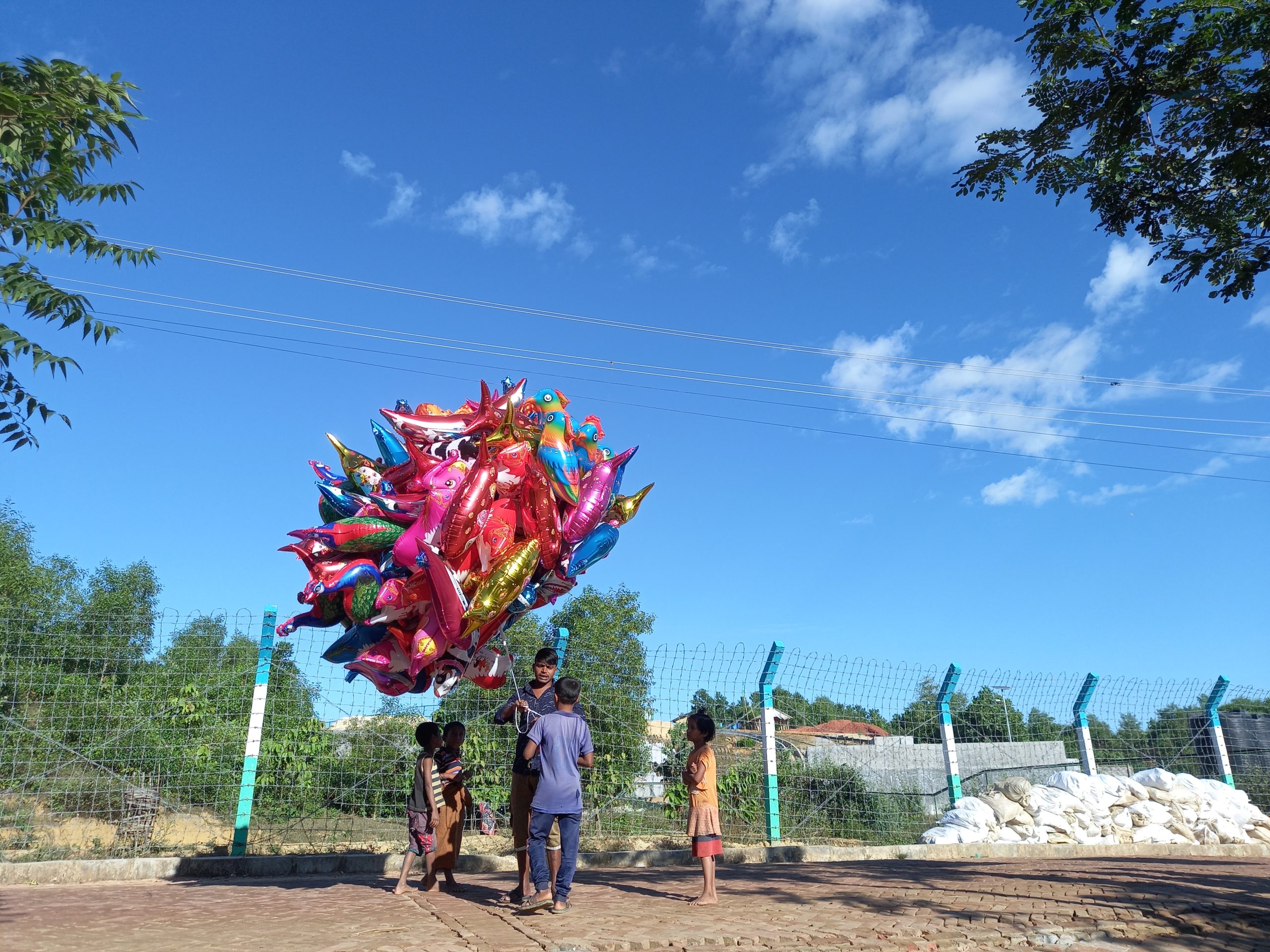
Billboard
Skyscrapper
Halfpage
The largest refugee camp in the world is located in south-eastern Bangladesh. Kutupalong, in the Cox’s Bazar district, is home to more than 600,000 people, most of them Rohingya. The Rohingya, who are predominantly Sunni Muslims, have faced such repression and persecution in their home country of Myanmar that the International Court of Justice is investigating Myanmar for genocide against the Rohingya.
One of the refugees is Muhammad Idris, who was born in Buthidaung in 2002. He was forced to flee to Bangladesh in August 2017, and has been living in Kutupalong ever since. You can see here a selection of powerful images taken by this passionate photographer in Kutupalong.

Medium Rectangle
Halfpage

























